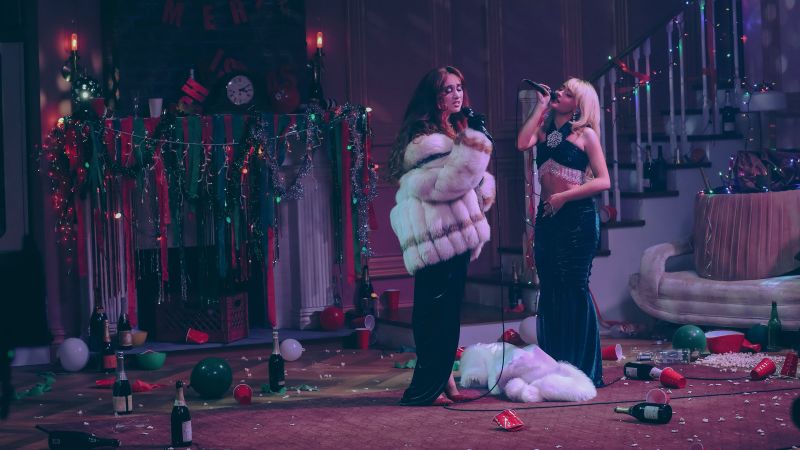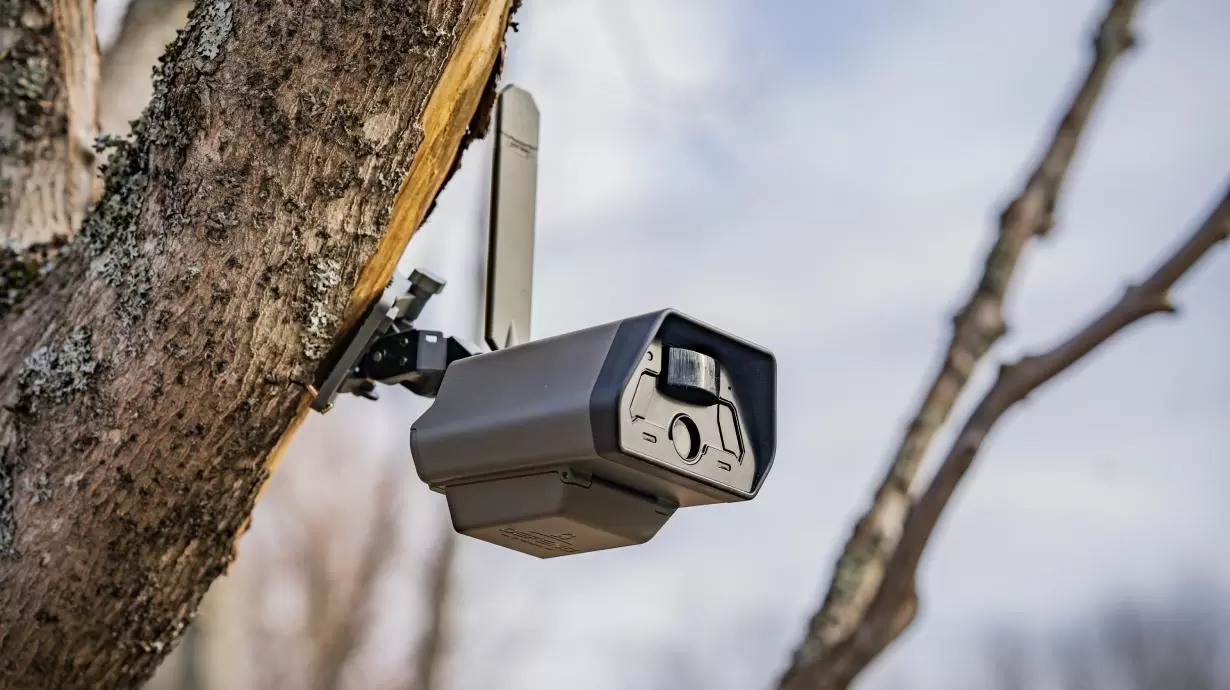Fashion
Youth culture’s ‘identity crisis’, 1985

Kicking off with a word from Vivienne Westwood, the Observer’s 1985 Youth Style Special made a statement. The queen of punk was in typically combative mood, deploring the waning energy of the street. British style, she claimed, had started promoting ‘eccentricity for its own sake. We need to grow up and look around.’
Youth culture was in an identity crisis, ‘split into 100m fragments’ according to Peter York, and displaying ‘an extravagant and aggressive diversity’. Marketing was no longer directed at the 16-24 age group but their older siblings; moneyed 25- to 35-year-olds were the target of new chains, such as Next and Principles. ‘What has changed is the assumption that youth is something special, the only fount of spending money and therefore wisdom.’
Critical hype rarely translated into commercial support in an industry unwilling to risk supporting homegrown early-career designers. Rob Leach and Tracy Wingrove’s first collections were approvingly singled out by Harper’s and Vogue, they explained, but the pair were soon left with ‘an empty order book, financial embarrassment and disillusionment’. They hoped to cut out the middleman and buy a shop.
The youth themselves were drawing inspiration from a new breed of magazines, particularly ‘style leader’ The Face. Launched with editor Nick Logan’s building society savings, it was glossy and ‘self-indulgent’, he explained, a magazine he himself would enjoy, but influential far beyond its 70,000 subscribers with its ‘ideas plundered throughout the trade’.
The Smash Hits recipe for success was song lyrics, full-colour pics and avoiding ‘tortured self-consciousness’ thanks to new writers (including one described as having ‘a haircut kept together by raw egg and orange juice’). Just Seventeen followed a formula of ‘fashion, fiction, popstars and straightforward advice’ and avoided slimming stories: ‘There’s quite enough misery around without us contributing to it,’ editor Dave Hepworth commented.
For light relief, comedian Ade Edmondson dressed up as Britain’s fashion tribes: the Hooray Henry, the Casual, the Gender Bender, the Headbanger, the Punk and the Normal. ‘Am I silly?’ he asked. Surely the easiest 1985 style question to answer.









